Month: June 2018
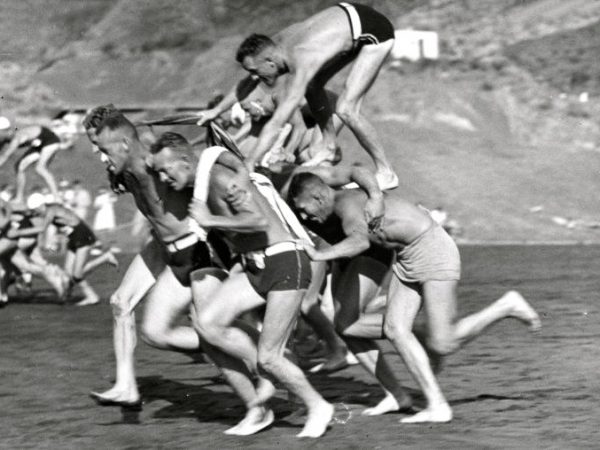
Become a history.physio contributing author
With the new history.physio website, we’re looking to have contributions from across the whole physiotherapy community. Each month we’d like to publish a short piece from 8 to 10 IPHA members who would be our regular contributing authors. We’d provide full editorial support and promotion, and in return give you …
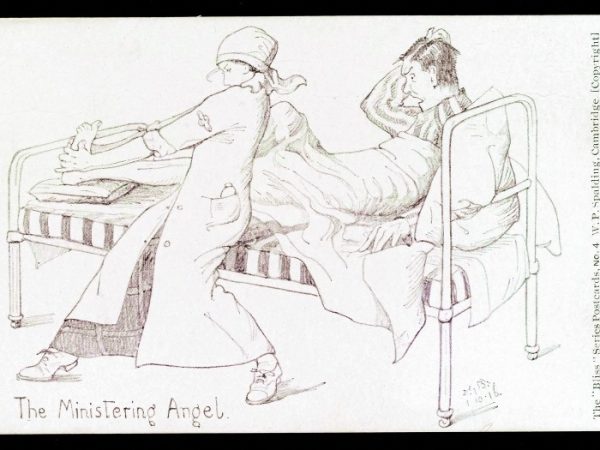
Ministering angels
One of the most interesting new areas of research in the history of physiotherapy surrounds the work done by masseuses during World War I. Some of the most studied artefacts from the time are the Bliss Series of postcards held at the Wellcome Library in London. These postcards tell us some interesting …

Physiotherapy history at WCPT Congress 2019
WCPT has set the deadline date for abstract submissions for next year’s Congress in Geneva at Thursday 6th September. That leaves just 11 weeks to draft and submit your ideas. If you include the word history in your keywords, there is a better chance that we will be able to organise …
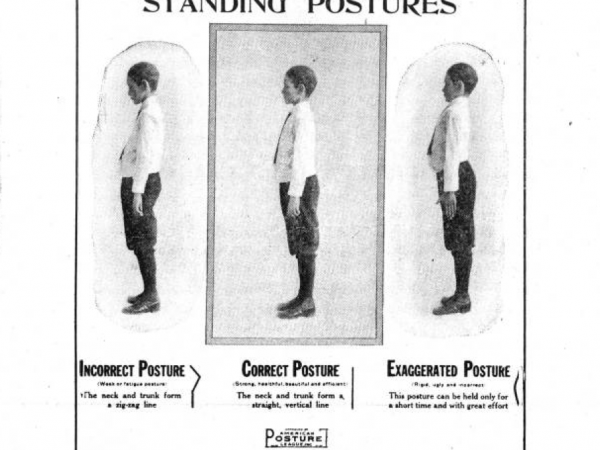
Upstanding
Beth Linker’s work should be required reading for physiotherapists. Her latest project – a book titled Slouch: The Forgotten History of America’s Poor Posture Epidemic (due for publication in 2020) traces the history of America’s fascination with posture and how upright standing came to mean so much to health reformers, including physical …
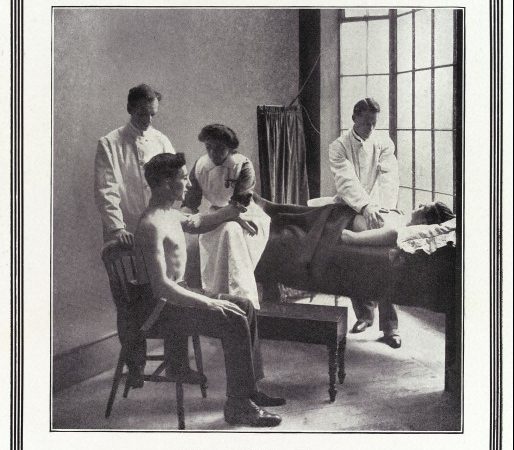
The masculine beginnings of Women’s Health
In the most female world of women’s health physiotherapy (female pelvic health problems treated by female practitioners of a female dominated profession) it comes as a significant surprise to learn that it may have all started with a male Swedish Army Major in the middle of the nineteenth century. Historian, Anders Ottosson, …
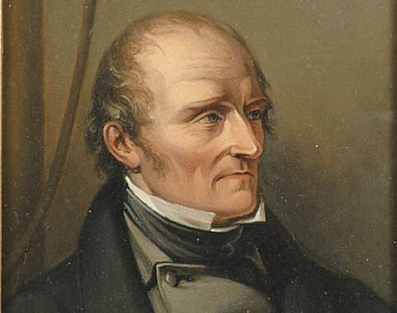
Who named the profession?
The history of the modern physiotherapy profession may arguably be traced back to 1813 when Swede, Per Henrik Ling founded the Royal Central Institute of Gymnastics (RCIG) in Stockholm (Ottosson, 2015). The name used by the graduates of the three year training program was ‘Sjukgymnastik’ (sick – exercise) and until very recently …
